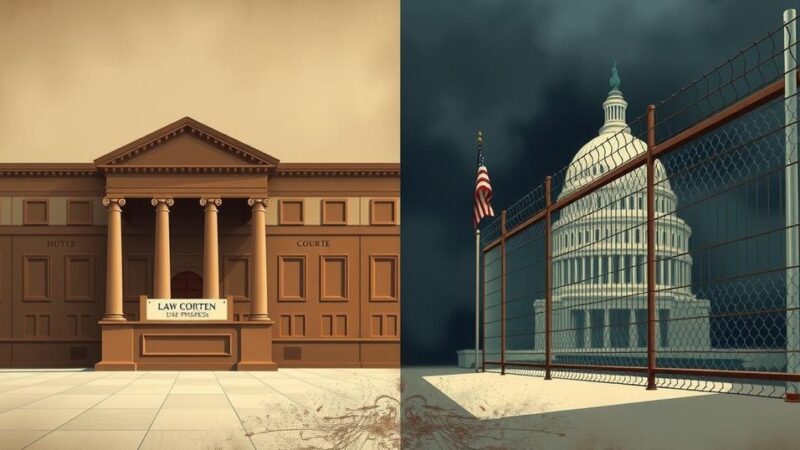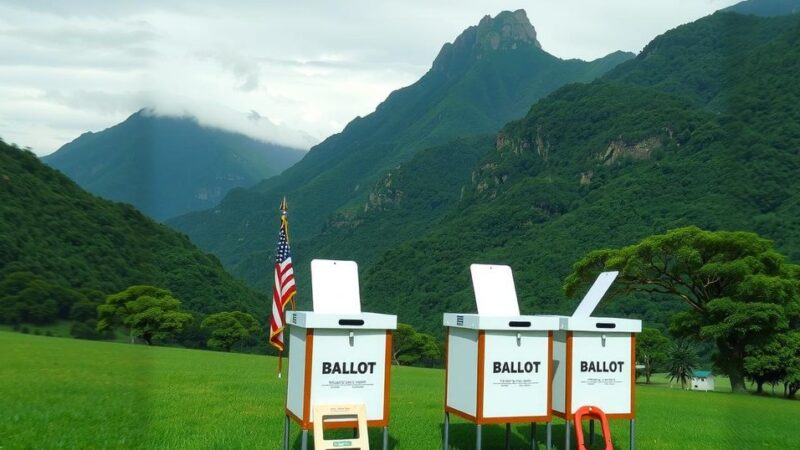Angola has denied entry to several prominent African political leaders, including Tundu Lissu, Ian Khama, and Venancio Mondlane, who were set to attend a democracy summit hosted by Unita. The Angolan government’s justification of visa irregularities is met with criticism, with leaders denouncing the action as a violation of democratic principles. Political analysts note the implications of this decision given President Joao Lourenco’s AU leadership role.
Angola faces criticism after denying entry to various prominent African political figures who were invited to a democracy summit by the main opposition party, Unita. Notable leaders affected by this decision include Tanzanian opposition leader Tundu Lissu, Mozambique’s Venancio Mondlane, and Botswana’s former President Ian Khama. Lissu described the government’s actions as “inexplicable and unacceptable” on social media platform X.
According to sources from the Migration and Aliens Service (SME), this refusal stemmed from alleged irregularities in the visa procedures. Consequently, Mondlane and 13 members of his delegation were barred from entering Angola. Reports indicate that a total of at least 20 African political leaders were denied entry.
Commenting on the situation, Kenyan senator Edwin Sifuna, also denied entry, expressed his concerns on social media. Other notable figures among those affected include former Colombian President Andres Pastrana and Zanzibar’s first Vice-President Othman Masoud Othman.
Tomas Viera Mario, a Mozambican political analyst, remarked that this incident is particularly peculiar given President Joao Lourenco’s role as chairperson of the African Union (AU) and his involvement in upcoming peace negotiations concerning the DR Congo conflict. He criticized the Angolan government’s actions as exhibiting “total contempt and little respect” for the pan-African ethos of the AU.
All barred leaders were part of a delegation invited to participate in a political event in Benguela province. Nelito da Costa Ekwiki, a lawmaker from Unita, also expressed his disapproval of the government’s decision. Critics argue that the Angolan administration has a long-standing history of suppressing dissent to maintain power.
In summary, Angola’s decision to deny entry to key African political figures for a democracy summit has drawn significant attention and backlash. The government cited visa irregularities, while opposition leaders describe the action as indicative of a broader pattern of suppressing dissent. Analysts question the implications of such a move in light of Angola’s leadership role in the African Union, highlighting a disconnect between stated democratic values and actual practice within the nation.
Original Source: www.bbc.com






